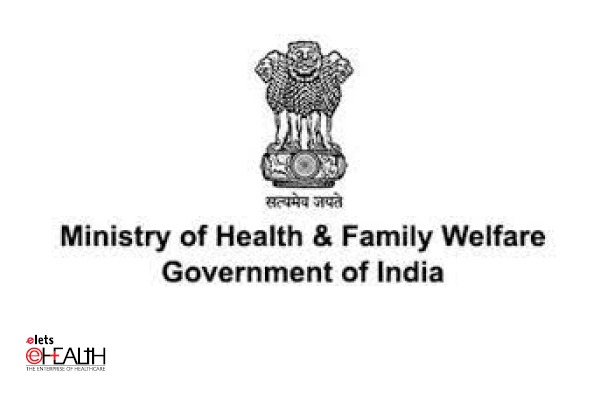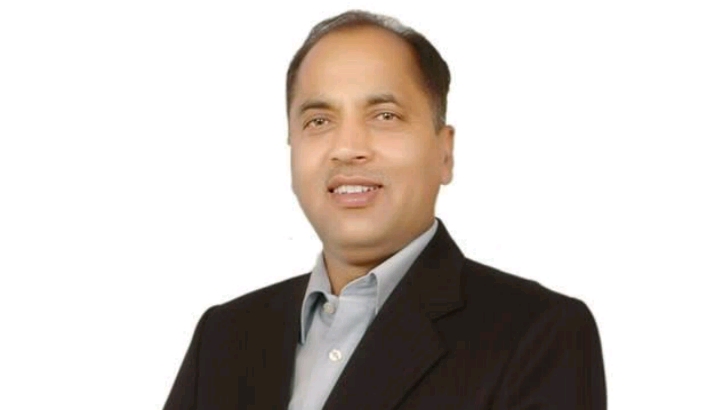
 The Indian healthcare regulations have gathered different reactions from the industry peers. The following article is an attempt to bring those reactions in a cohesive way.
The Indian healthcare regulations have gathered different reactions from the industry peers. The following article is an attempt to bring those reactions in a cohesive way.
Health is wealth for many. At least if we look at the mushrooming number of private hospitals and clinics in India, one would easily agree on the fact that healthcare in India is dominated by private players. Yet bed to patient ratio in India stands at one bed for a thousand patients whereas globally the ratio is three beds for a thousand patients which implies that healthcare facilities in India is not sufficient.

A recently launched World Bank report reveals that in India private sector dominates the healthcare sector. The report says inadequate legislation and lack of tendency to enforce regulations actually causing poor quality of medical services in the country.
The report further adds, in India eighty percent spending on health comes from personal funds. However, the prent laws do not ensure that those private medical services are qualified by any minimum healthcare standard.
The report says, Powerful medical lobbies have opposed government efforts to regulate the private sector, adding that Indias medical councils are not enforcing laws relating to registration and licensing of medical practitioners.

The report has taken into account of the challenges the consumer health organisations have grumbled about. For example, doctors overprescribing drugs, recommending unnecessary investigations and treatment, and failing to provide appropriate information for patients. Yet, people choose private sector over Government hospitals because of better accessibility and relatively shorter waiting time for treatment and diagnosis.
Be a part of Elets Collaborative Initiatives. Join Us for Upcoming Events and explore business opportunities. Like us on Facebook , connect with us on LinkedIn and follow us on Twitter , Instagram.











